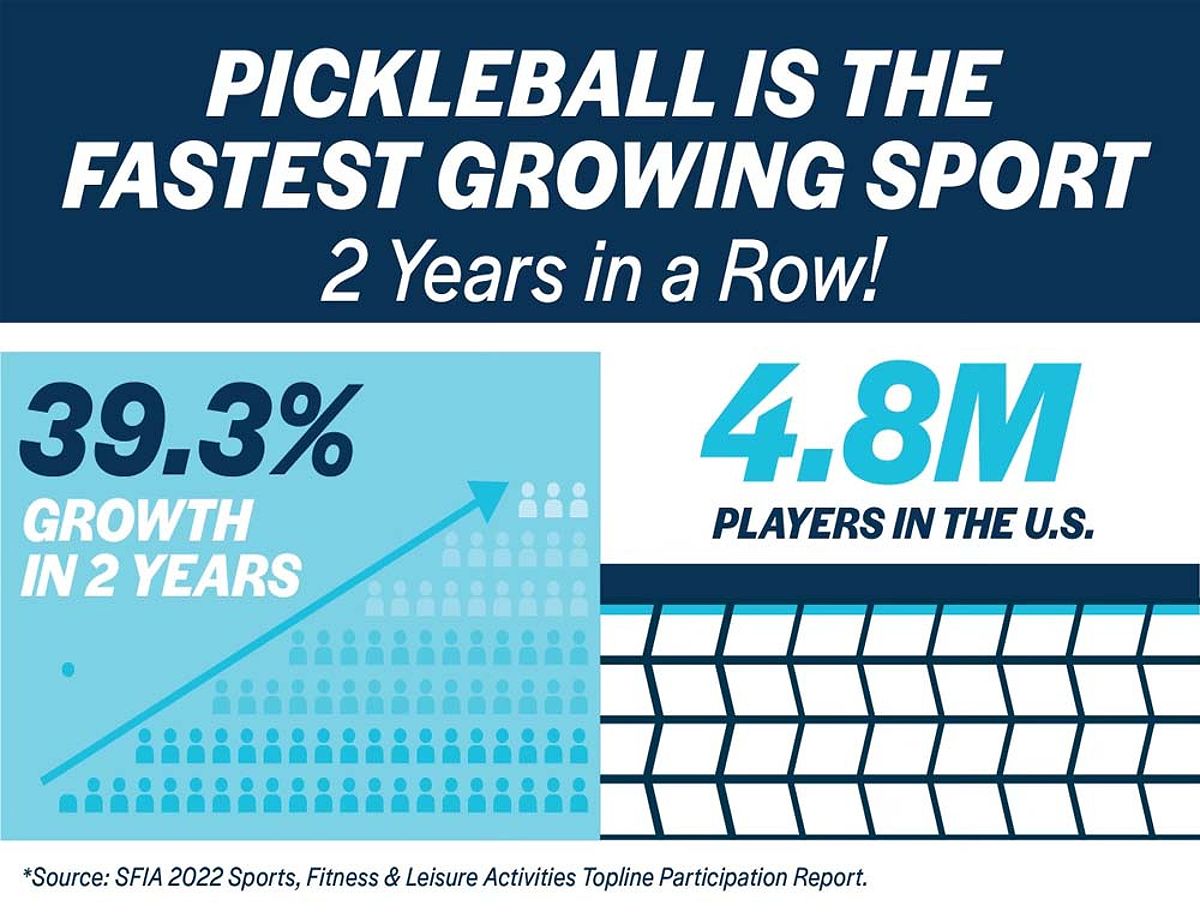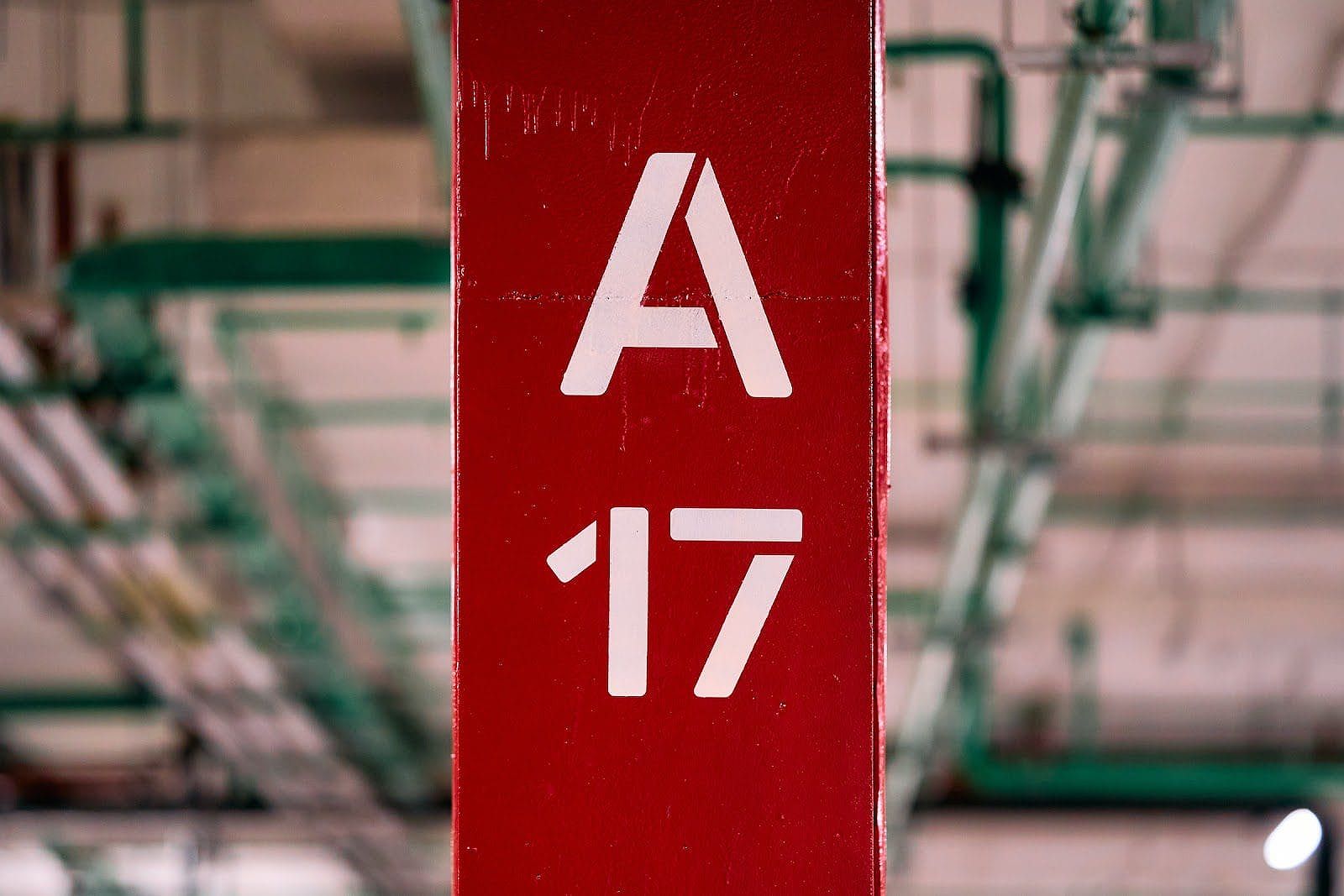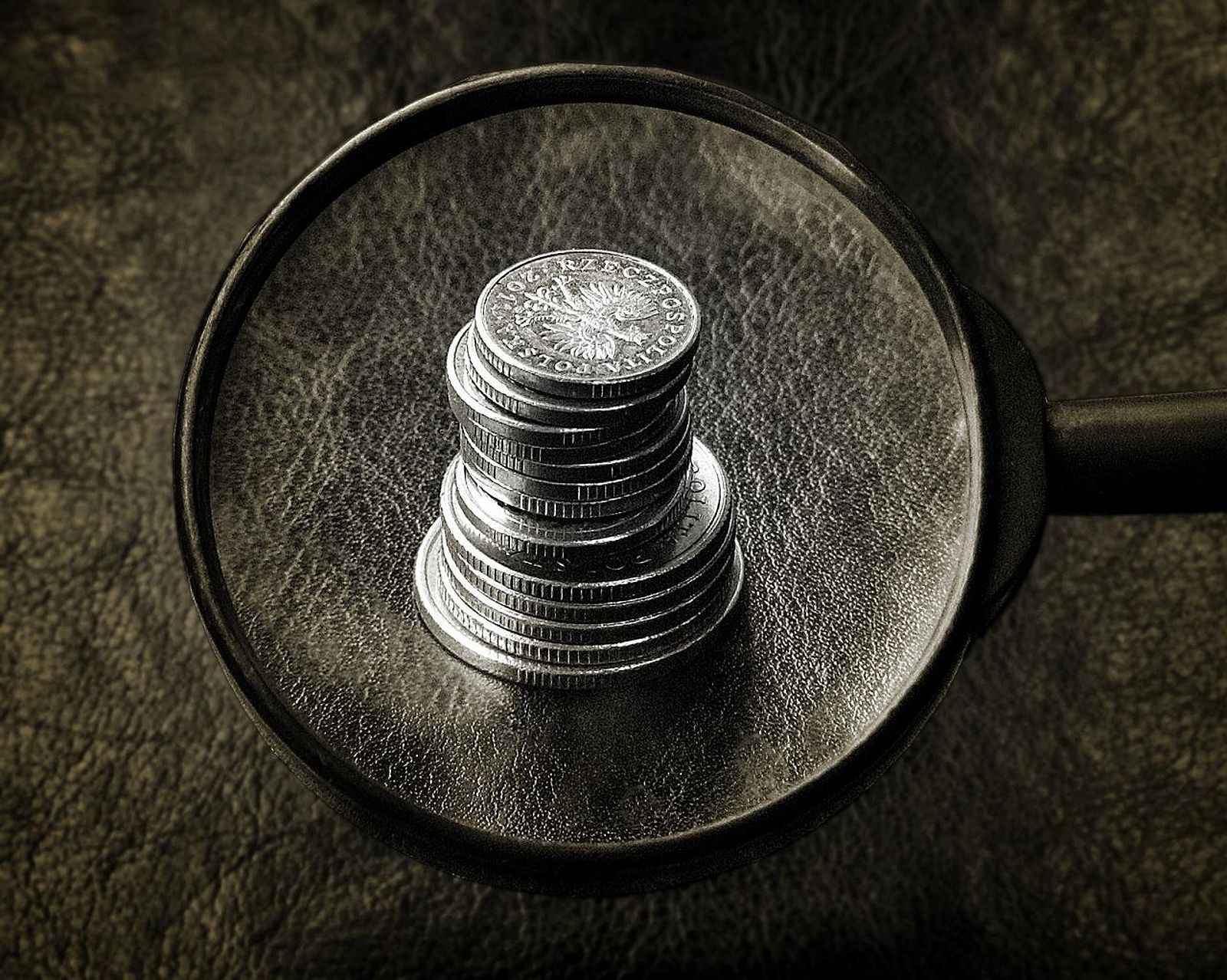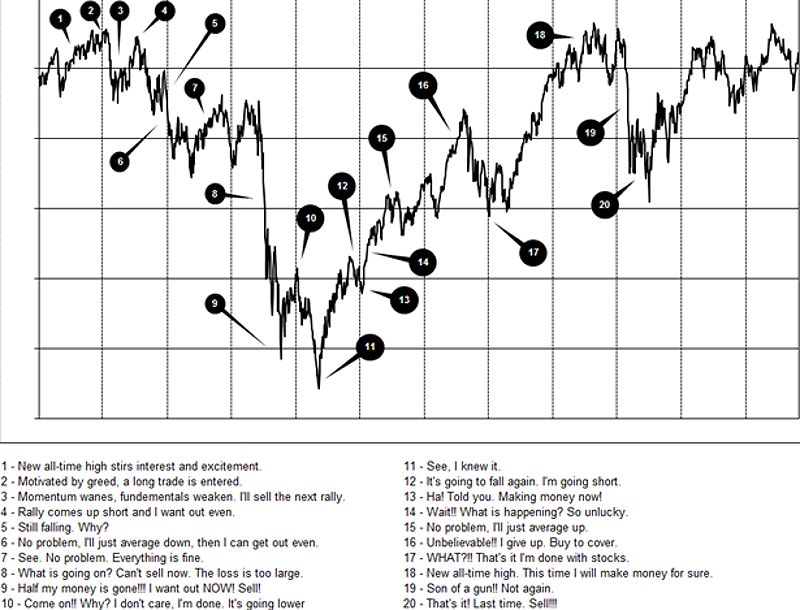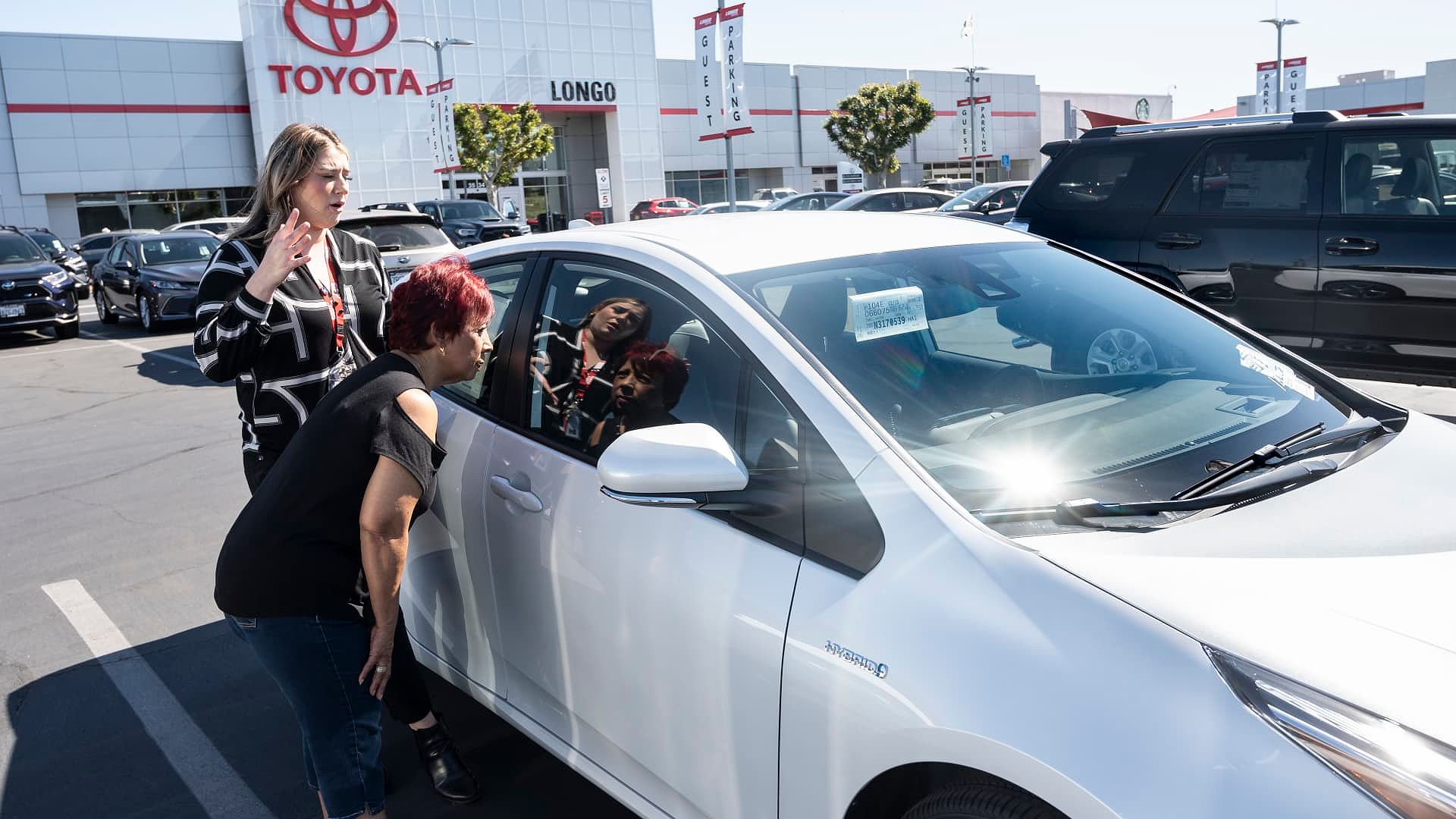When Do Cars Go On Sale: The Best Times To Buy A New Or Used Car
The average American spends over $400 a month on car payments. But what if you could save thousands of dollars by simply buying your car at the right time? While car dealerships are open year-round, there are specific months, days, and even holidays that offer the best deals. This article will explore the secrets to finding the best time to buy a new or used car, including when do cars go on sale, helping you unlock savings of up to 60% on your next purchase.
When Do Cars Go on Sale: The Best Time of Year
When considering the question of “when do cars go on sale,” it’s crucial to recognize that certain times of the year present more favorable conditions for buyers. Although vehicles can be purchased throughout the calendar, specific months yield better opportunities for savings.
December: The Peak of Car Sales
December is widely regarded as the ultimate month for car purchases. As the year concludes, dealerships are eager to offload their remaining inventory to meet annual sales quotas. This urgency often translates into significant discounts, enticing rebates, and various incentives for buyers.
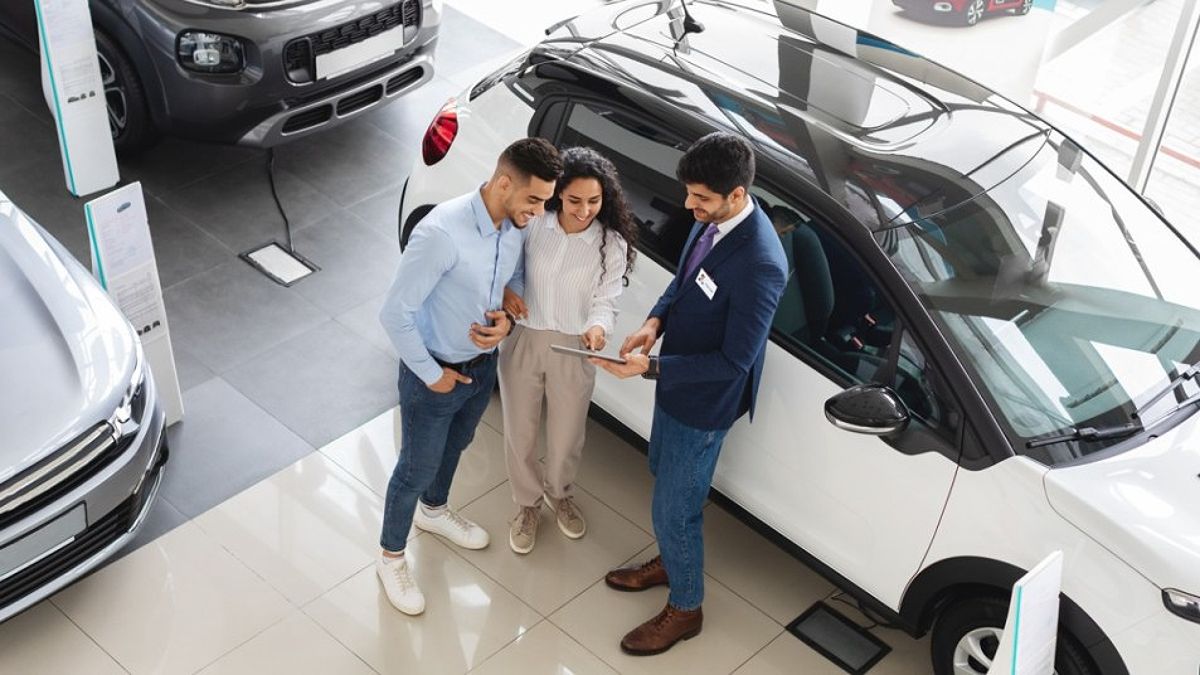
The intersection of year-end financial assessments and sales targets creates a unique environment conducive to exceptional deals. In fact, some dealers may even consider selling cars at or below cost to achieve their goals. This convergence of factors makes December a veritable goldmine for those wondering when they should buy a car.
However, it’s important to prepare for the bustling environment of dealerships during the holiday season. The increased foot traffic can complicate negotiations, so buyers must practice patience and persistence to secure the best possible deal. If you’re considering buying a car in December, be ready to navigate through a sea of customers. You might find that the best deals are hidden among the chaos, but with a strategic approach, you can emerge victorious.
Other Prime Times for Car Buying
While December stands out, there are additional months throughout the year that provide enticing opportunities for car buyers.
May: Clearing the Lot for Summer
May emerges as another excellent month for purchasing vehicles. As dealerships gear up for the summer buying season, they aim to clear out older inventory to accommodate incoming models. This often results in attractive discounts on vehicles that are being phased out. If you are looking for a good bargain, May is the month to keep an eye on the dealership lots.
During this time, you might find last year’s models at significantly reduced prices. The dealers are not only motivated by the need to make space for new arrivals but also by the desire to boost their sales figures before the summer rush. In this regard, May offers a rare opportunity to purchase a quality vehicle at a fraction of its original price.
September and October: The Arrival of New Models
The months of September and October also present prime opportunities for buyers. As the latest model year vehicles arrive at dealerships, dealers become motivated to sell off the previous year’s inventory to make space. This transition can lead to substantial savings on outgoing models, making it an ideal time for those asking, “when do cars go on sale?”
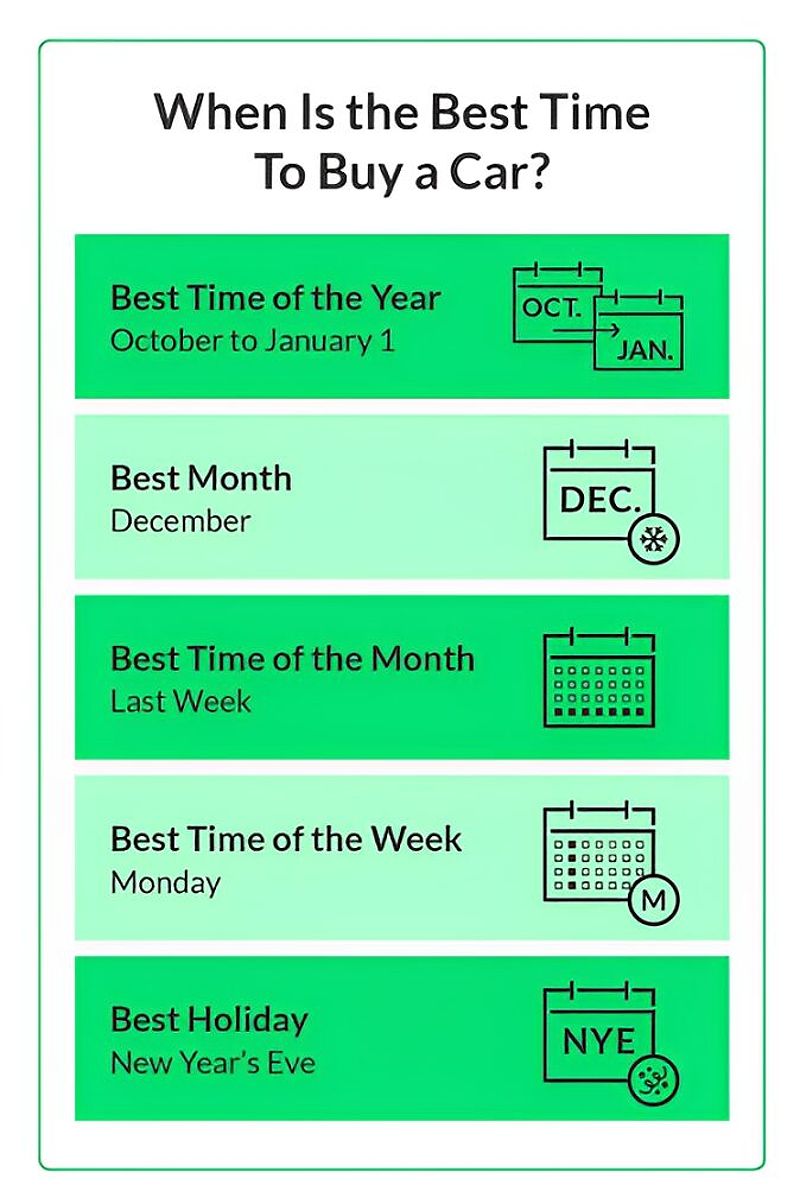
In September, as new models hit the showroom, customers may see various promotional offers on the outgoing stock. This is particularly true for vehicles that have not been selling well. By taking advantage of these promotions, buyers can score a deal on a nearly new car that still boasts contemporary features and technology.
The Best Time of the Month to Buy a Car
In addition to seasonal trends, specific times within each month can influence car prices. The end of the month is frequently the most advantageous time to buy.
End-of-Month Motivation
Sales targets typically govern dealership operations, and as the month draws to a close, sales personnel feel the pressure to meet those quotas. This urgency can lead to greater flexibility in pricing and financing terms, providing buyers with leverage during negotiations.
This end-of-month dynamic can work in favor of the informed consumer. By test-driving the vehicle of interest earlier in the month and returning to negotiate towards the end, buyers can effectively capitalize on the heightened motivation of sales staff.
Moreover, sales managers often provide their staff with incentives to close deals, which means that the last few days of the month can be a treasure trove of possibilities for discerning buyers. This strategy not only allows you to familiarize yourself with the vehicle but also positions you to take full advantage of the end-of-month sales pressure.
The Impact of Quarterly Goals
Moreover, the end of each quarter can mirror the end-of-month benefits, as dealerships aim to meet quarterly sales goals. This additional layer of motivation can further increase the likelihood of securing a favorable deal. For example, if you visit a dealership at the end of March, June, September, or December, you may find that salespeople are particularly eager to close deals, knowing that their performance will be evaluated based on quarterly results.
The Best Day of the Week to Buy a Car
When pondering the best day of the week to buy a car, Monday consistently emerges as the optimal choice.
Monday: The Least Busy Day
Mondays are typically the slowest days for car dealerships, as most customers prefer to shop over the weekend. This lull in activity means sales staff can devote more time to individual customers, enhancing the overall buying experience.
With fewer distractions and a more relaxed atmosphere, sales personnel may be more willing to negotiate and address any questions or concerns. This advantage can be particularly beneficial for those who are wondering, “when should I buy a car?”
In addition to Monday, consider visiting dealerships during the first half of the week. Tuesdays and Wednesdays can also be relatively quiet, allowing you to benefit from attentive service and potentially better deals.
Tuesday: An Alternative Option
If a dealership is closed on Sundays, Tuesday may present an even better alternative. Sales staff will still be relatively free from the weekend rush, but they may also be working to catch up on tasks from the busy weekend. This combination can create a favorable environment for negotiation.
By choosing to shop on these quieter days, you can take your time exploring options without feeling rushed. This calm atmosphere can lead to more meaningful discussions about pricing and financing, ultimately resulting in a better deal.
Best Holidays to Buy a Car
In addition to specific months and days, certain holidays also provide excellent opportunities for car buying. Holidays like New Year’s Eve, Memorial Day, and Black Friday often feature enticing promotions.
New Year’s Eve and Christmas Eve: The End-of-Year Rush
The days surrounding New Year’s Eve and Christmas Eve are particularly advantageous for car buyers. Dealerships are eager to clear their inventory before the new year, often willing to offer substantial discounts and incentives. The combination of year-end sales goals and the festive spirit creates an ideal environment for savvy shoppers.
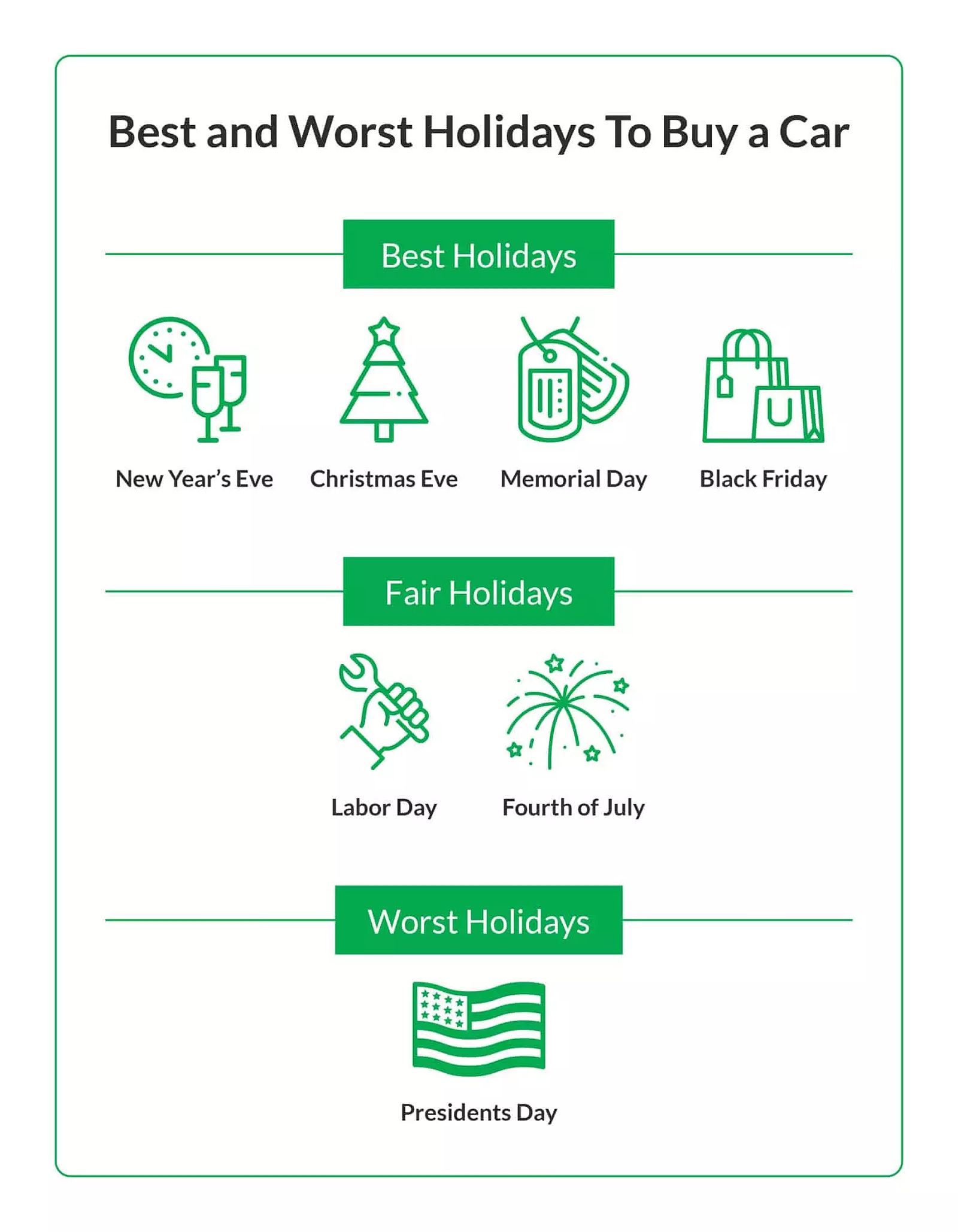
However, keep in mind that while you may find great deals during this time, dealerships can be extremely crowded. It’s advisable to arrive early in the day to avoid long wait times and ensure that you have ample opportunity to negotiate effectively.
Memorial Day and Black Friday: Summer and Fall Sales
Other notable holidays include Memorial Day and Black Friday. During these periods, dealerships frequently run special promotions to attract customers and reduce inventory. While the selection may not rival that of the end of the year, buyers can still find excellent deals on both new and used vehicles.
Memorial Day marks the unofficial start of summer and is often associated with significant sales events. Similarly, Black Friday has expanded beyond just retail, with many dealerships offering promotions that can lead to substantial savings. Be sure to do your research ahead of these holidays to identify which dealerships are running the best promotions.
Tips for Getting the Best Deal on a Car
Regardless of when you decide to buy, certain strategies can help maximize your savings. Here are some actionable tips for potential car buyers:
-
Research Your Desired Vehicle: Understand the market value of the car you want. Knowledge of the fair price range can significantly enhance your negotiating power. Use online tools and resources to compare prices across different dealerships.
-
Get Pre-Approved for an Auto Loan: Securing pre-approval from a bank or credit union allows you to compare dealer financing options and potentially secure a better interest rate. This step not only helps you understand your budget but also gives you leverage when discussing financing terms with the dealership.
-
Be Prepared to Negotiate: Enter the dealership with confidence and be ready to discuss price and financing terms. Negotiation is a key component of the car-buying process, and knowing what you’re willing to pay can help you avoid overextending your budget.
-
Exercise Patience: Avoid rushing into a purchase. Take the time to evaluate your options and find the right vehicle at the right price. The car-buying process can be overwhelming, but patience can pay off in the form of a better deal.
-
Consider Timing Your Purchase: Keep in mind the seasonal trends and specific days of the month that offer better opportunities for savings. By aligning your purchase with these optimal times, you can significantly enhance your chances of finding a great deal.
FAQ
Q: What is the best time to buy a used car?
A: The last quarter of the year, particularly October through December, is generally considered the best time to buy a used car. This is when many people trade in their old vehicles for new ones, increasing the supply of used cars at dealerships.
Q: What are the worst times to buy a car?
A: The beginning of the month, weekends, and holidays like Presidents Day are often regarded as the worst times to buy a car, as dealerships are busier during these periods and may be less inclined to offer significant discounts.
Q: What factors influence car prices?
A: Car prices are affected by various factors, including supply and demand, interest rates, fuel prices, and the overall state of the economy. Seasonal trends, competition among dealerships, and the introduction of new models can also impact pricing.
Q: How do I know if I’m getting a good deal on a car?
A: Research is key. Utilize online resources to compare prices for the make and model you’re interested in. Understanding the average market price will help you gauge whether the deal being offered is fair.
Conclusion
Understanding the nuances of car buying can save you substantial amounts of money. By recognizing the best times of the year, month, and week to buy a car, you can maximize your savings and secure the vehicle you desire. Whether you are in the market for a new or used car, keep these insights in mind as you embark on your buying journey. With careful planning and strategic timing, you can confidently answer the question, “when do cars go on sale?” and make a purchase that aligns with your budget and needs.
MORE FROM pulsefusion.org

